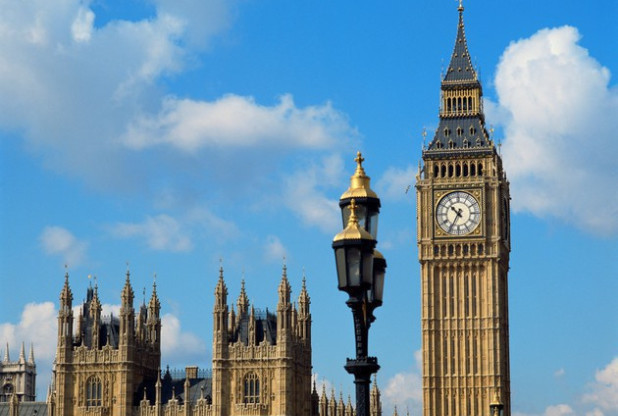
WSTA urges two-year alcohol duty freeze to boost economy
Wine and spirit businesses are calling on the government to freeze alcohol duty for at least two years, arguing it will help offset declining revenues and support public finances.
Alcohol sales have dropped since last year’s significant tax hike, which saw duty on spirits and beer rise by over 10%, and wine by at least 20%. The latest HMRC figures show that alcohol duty revenues fell by £1.3bn year-on-year between September 2023 and August 2024. This decline is almost equivalent to the savings from the winter fuel allowance.
The Wine and Spirit Trade Association (WSTA) is urging the Labour government to freeze duty for at least two years to allow sales to recover, benefiting both businesses and the Treasury.
“Last year’s damaging reforms to the alcohol excise duty system, including the largest single duty hike in almost 50 years, have hit businesses, consumers, and the government purse,” said Miles Beale, chief executive of the WSTA. “Prices have risen, sales are down, and so is duty income by over £1.3bn.”
In the first full year under the new duty system introduced in August 2023, spirits duty receipts fell by £757m. Wine revenues also dropped by £238m, while beer and cider saw a combined loss of £344m.
The WSTA warns that continued increases in duty could further reduce sales, impacting both duty and VAT receipts. Beale added, “Increasing duty, which is the government’s inherited policy, will only reduce income further at a time when it can least afford it”.
The WSTA has pointed to previous instances where freezing excise duty led to increased sales, lower consumer costs, and higher revenue for the Treasury. “A freeze won’t cost the government anything, but it will be financially beneficial to the Treasury, British business, and consumers,” Beale said.
As part of its Autumn Budget submission, the WSTA has also called on the government to permanently end the costly duty stamp requirement for spirits and maintain a temporary easement for wine duty, which is set to be removed in February 2025. The removal of the easement could introduce a more complex system with up to 30 different payable amounts for wine between 11.5% and 14.5% abv, leading to higher prices and administrative costs.
According to the WSTA, another duty increase on wine is scheduled for February 2025, which could further burden small retailers and consumers. The association has urged the government to reconsider these measures to prevent additional price hikes.
Recent data from the Office for National Statistics (ONS) shows the impact of last year’s duty increases, with the price of a 75cl bottle of red wine rising by 7% and a bottle of gin by 8% over the last year.
Sources from the WSTA suggest that stabilising duty rates could provide much-needed support to the sector and help secure economic growth during challenging financial times.






